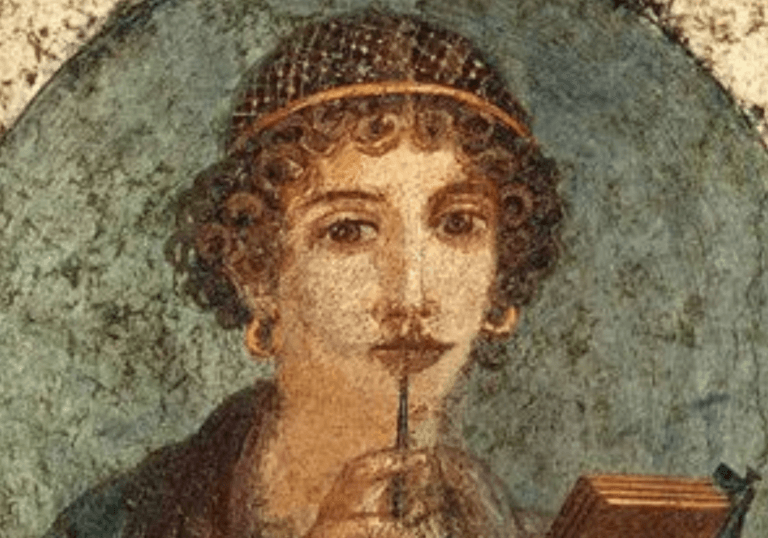Metrodora was a leading figure in the field of medicine, her work as a researcher and diffuser of topics related to gynecology has been recognized by her contemporaries.
To speak well of this brilliant Egyptian you have to go back a few centuries, is that talking about Egypt is talking about Greece, and talking about Greece without mentioning medicine is very difficult.
- We all know that the cradle of history’s great thinkers was also the cradle of some of the brightest doctors of our time: Hippocrates and Galen were the main ones.
- But in this case.
- What does Greece have to do with Egypt?the silhouette of a young gynecologist?.
To begin with, Egypt experienced a Hellenistic period between 323 . C. and the 30th a. C. Al, Egyptian culture flourished, focusing mainly on the city of Alexandria.
This enclave, founded by Alexander the Great and located in the western part of the Nile Delta, even had a special status as a Greek city, with an administration differentiated from that of Egypt, then was colonized by the Roman Empire and for more than 600 years became only a province, although Greek remained an educated language.
Ancient Greek women
It was in this last historical period that the character and relevance of Metrodora in the field of medicine began to manifest itself.
Her name is little known to most people, the mystery surrounding her life, as well as her research, remains fertile ground for speculation and rumors, the truth is that she excelled as a gynecologist, partather and student of female medical problems. , left all notes of his discoveries in alphabetical order.
Metrodora is believed to have been born in Egypt between 200 and 400 AD. Extremely educated and educated, she grew up in a society that, although not as sexist as the Greeks and Romans (who considered underage women), regarded women as a mere complement to men.
He was a little lucky, because in ancient Egypt, the laws treated men and women equally, which was unthinkable in Greece or Rome.
Divorces, inheritance rights, and women were convicted of ill-treatment (which did not prevent them from occurring), which may have businesses of their own or work in certain occupations, such as those related to health.
“Wherever you love the art of medicine, there is also love for humanity. “Hippocrates
Metrodora’s etymology is curious to say the least: in Greek meter means “uterus” and dora, “present”. By her own name, the Egyptian doctor specialized in diseases and disorders that women specifically suffer from.
Throughout his career, he has written numerous treatises related to gynecology. Her work on women’s diseases and cures?It consists of 63 chapters and is still widely used today. In this work, she not only discusses medical problems, but also provides general advice on public health and simpler problems (such as hemorrhoids).
Her contributions to medicine include the use of the speculum for medical examinations, the creation of a tampon as a method of contraception, and treatments for vaginal infections, in addition, the development of medical compounds that have not been found in any other study, and the development of guidelines to determine whether a woman has been the victim of violence or sexual assault.
He also dedicated himself to the reconstruction of the face, breasts and hymen, in the latter case, with the ultimate goal of helping non-virgin women avoid social stigma.
She was one of the first specialists to request surgery in case of cancer, then called “malignant ulcers”.
It is not known whether he did most of his work in Greece or Egypt, this is due to the confusions that exist, the result of the multiple territorial movements lived in the land of the Pharaohs.
For many years there was a rumor that Metrodora’s true identity was that of the famous Cleopatra, so it is not surprising that in some studies it is called “Cleopatra Metrodora”, although there is no indication that this story is real.
Whoever it is, you can admire her important work through her texts, some of them preserved in the Laurenziana Medicea Library in Florence and delight any researcher (or curious) who dares to research the biography of this impressive woman.

